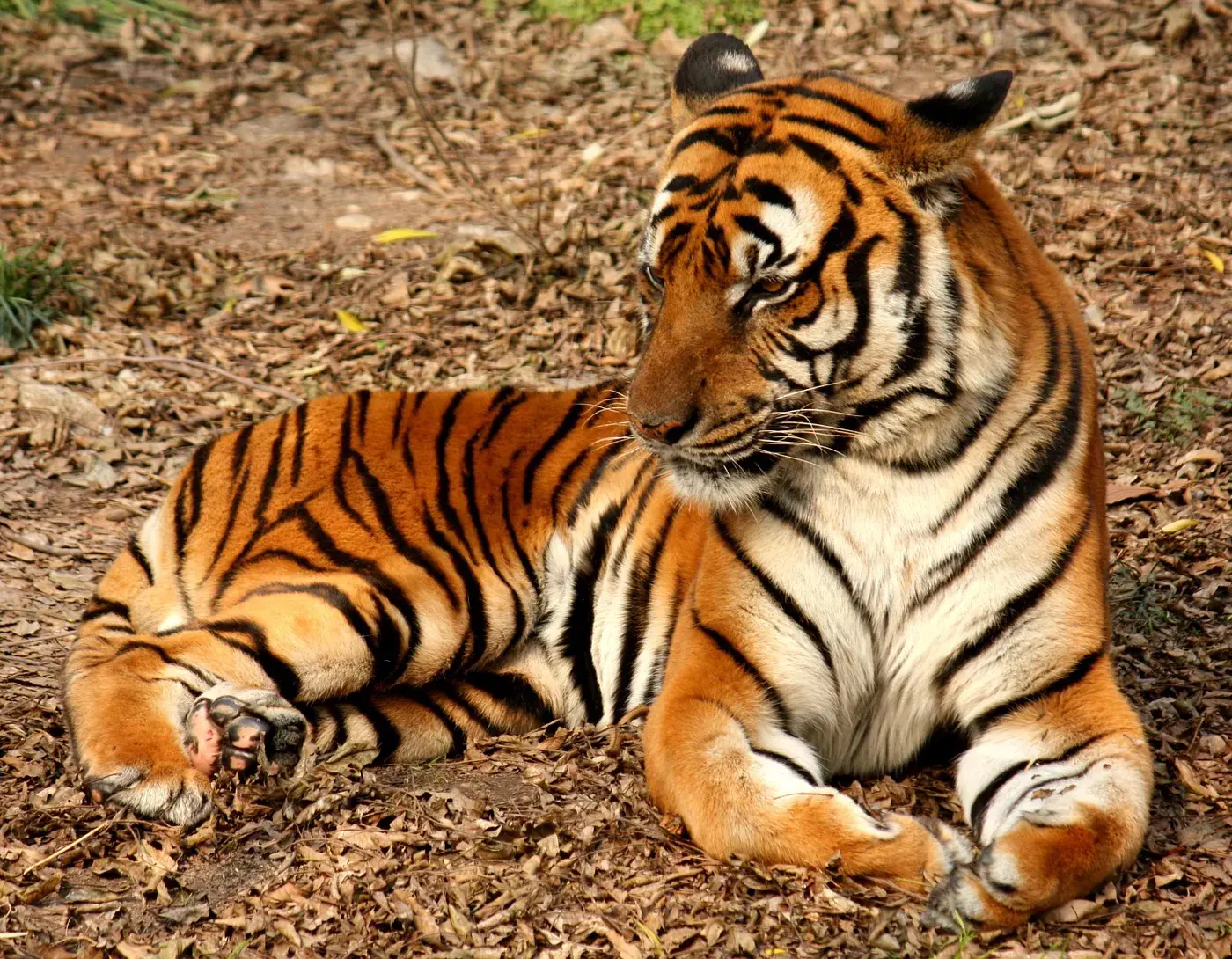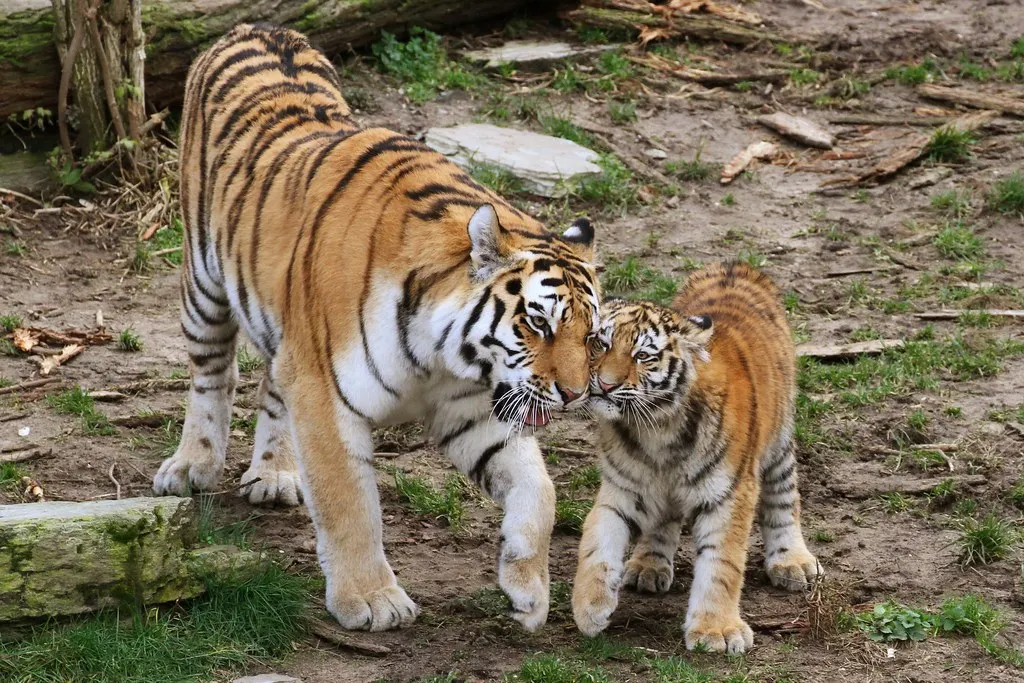Tiger King: Escapism in Quarantine
To be honest, I’ve started writing this article three separate times.
I saw the docuseries “Tiger King: Murder, Mayhem, and Madness” a couple weeks ago and have been obsessed ever since. I loved it. Not because I liked any of the main characters or wanted to idolize them, but because it was such a wild ride of a story. So many interesting people were involved. And, of course, it had animals, beautiful, majestic animals.

It’s also insanely popular. Given the shut-in nature shelter-in-place requires at the present moment, new Netflix content will be binged fast and hard. As of March 30th, “Tiger King: Murder, Mayhem, and Madness” was Netflix’s most popularly streamed title in the U.S., and was Rotten Tomato’s most popular TV show. (Since March 30th, ratings have fallen slightly as more people have hopped on, and then off, the “Tiger King” bandwagon.)
I knew I wanted to write about it when, out of all the positive commentary I was hearing about the show, I began reading a couple of negative reviews. The first was by PopSugar’s Amanda Prahl, titled “Tiger King’s Joe Exotic Is Not a Good Person, and We Need to Stop Celebrating Him.” I also read an article from a nonprofit animal rights’ group, Friends of Animals, titled “There are no heroes in ‘Tiger King.’” The essential argument of both pieces is that the people in “Tiger King” are not good people and abuse animals, so we should not be idolizing them.
I don’t disagree. But the part of me that liked the show, the part of me that wanted to defend my liking of it, was internally screaming That wasn’t the point of the story. It was about the crazy people that raise and trade big cats. It wasn’t about the animals.
But it should have been.

“Tiger King’s” main players draw you in. There’s Joe Exotic’s larger-than-life personality and his long-time feud with supposed animal rescuer Carole Baskin. There’s Doc Antle’s cult of tiger trainers, younger, beautiful women who are possibly as much victims of abuse as the animals themselves. There are characters like Saff who would literally lose an arm to continue to care for the animals, even in the midst of Joe’s misguided and oftentimes cruel brand of caretaking. There are suspicions of spousal murder, a murder-for-hire plot, and the unfortunate, actual murder of many healthy tigers.
“Tiger King” makes a conscious choice not to dwell on the ladder. It flashes the antics of the questionable and harmful decisions of the illegitimate zookeepers in front of you like a circus, while the beautiful animals that got these characters their power and infamy take a backseat, lounging in their too-small enclosures. I remember being genuinely shocked at the ending of “Tiger King,” when the closing credits flashed statistics about big cats in captivity outnumbering their endangered relatives in the wild. Not because I didn’t believe the statistics from the story that had played out on-screen. But because I was sure the final note of the show would have been a “where are they now” about Joe, Carole, Doc Antle, etc.
Another part of me wanted to like “Tiger King” for Joe’s employees. Truly an island of misfit toys group, G.W. Zoo employees are those often marginalized in society: they’re queer, they’re trans, they’re amputees, they have police records and histories of drug abuse. They found community under an eccentric and abusive leader, and among animals that know nothing of their otherness status in society. Misguided though the big cat trade is, I do believe they cared for the creatures they tended to. John Reinke still laments not getting to say goodbye to the cats. Saff lost his arm to a tiger and returned to work immediately so their operation wouldn’t be shut down. Erik Cowie testified against Joe Exotic, feeling that he was a betrayer of the cats’ trust as his manager murdered non-breeding pairs that he couldn’t make a profit off of.
But the employees were lead astray as well. They, like the cats, were kept in deplorable conditions and exploited for money. What employees gained in access to exotic creatures, they paid for in long hours, inhumane pay and housing conditions, and blood.
Do I understand the appeal of “Tiger King?” Of course. When I watched this series, I had just lost my job due to the pandemic. I had lost my financial security. I had lost social contact with my coworkers, my peers, my friends, my family. I may soon lose my first apartment that I paid rent for, and bought and built furniture for, and furnished myself. My normal, along with many other people’s normal, is gone and has no promised timeline of when it will return. I wanted an escape from my reality, and a well-told, if outlandish story, such as “Tiger King” offers a departure from what feels real.
Except it is real, a friend reminded me. And as Saff points out, no animals benefitted from the “war” in “Tiger King.” Or the docuseries itself.